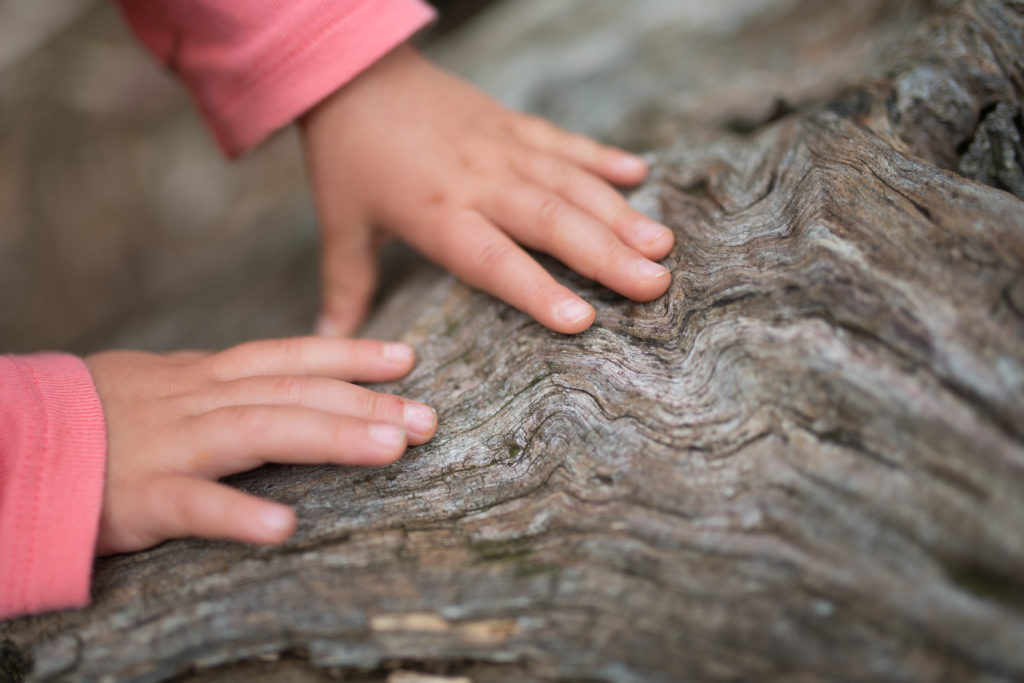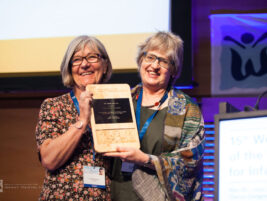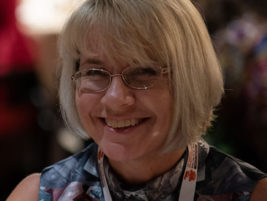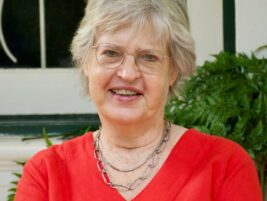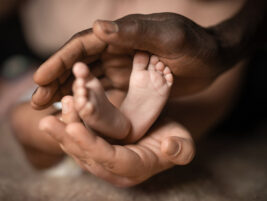Writing about the death of a friend is a very painful task. I cannot imagine Salvador dead, because his image is strongly linked to vitality, energy and the desire to do. I refuse to remember him in any other way than with his arms widely open, his warm smile or his attitude of attentive, reflective and respectful listening, or expressing his assertive modesty when it came to defend his points of view.
In Latin America, he has always been the Great Pioneer in the mental health field. When most of us were only concerned with the disease, he was also interested in health and its promotion. When our therapeutic repertoire included almost exclusively psychotherapy, he was exploring other enriching resources. When the typical medical career in the region began with the study of the dead body, he claimed that it should start with a birth. And he did so when he taught in the Medical Faculty, promoting the mother-baby relationship from the very beginning.
I do not intend at all to make an enumerative counting of his many merits. My written lines are emotionally touched from the scenario of my grateful memory of such an active and productive human being. For many years, Salvador was the Director of the famous and innovative Escolinha which served atypical children.
He was a hard worker capable of dealing with different issues while eliciting positive emotions around him. He was a man with great charisma, his whole person radiated empathy. He was committed to the disadvantaged, sensitive to the needs of others, a hard humanist, and he became a tireless fighter for social justice. As a great organizer, he created different multidisciplinary working groups.
As a generous teacher, he was seriously interested in research and scientific developments in the field. He created the paradigmatic Project Life (Proyecto Vida) in an old ceramics factory, and then had to accept with resignation the political incomprehension that dismantled it. As an enthusiastic promotor of the theater festivals in Canela, he defended the association of art and education.
I met Salvador and Isabel, with whom he formed such a lovely couple, in the 70s at the clinic of Prof. Luis E. Prego Silva. From then on each year, once in Porto Alegre and once in Montevideo we met Prego’s and Salvador’s working teams in order to discuss clinical cases.
With Salvador it was impossible to meet without healthy fun and enjoyment. In one of these meetings, in which more than once we finished the day dancing, he saw that I was wearing a white jacket and blue trousers. He put a white hat on my head, pointed to me and exclaimed: “ Look! “The Malandro” !!! (after a character in Chico Buarke’s opera.) Everybody laughed, and for many years he continued calling me “The Malandro” .
During the last decades we met in many meetings, conferences and congresses both in Uruguay and Brazil, as well as in other parts of the world. We always enjoyed the reunion, share projects, discussed plans and made jokes.
The first World Congress we shared was IACAPAP’s in Dublin ,1982, then came Paris, Lugano, Kyoto, Buenos Aires, Chicago, Punta del Este, San Francisco, Venice, Modena, Tampere, Stockholm, Aixen-Provence, Montreal, Marburg, Hamburg and Berlin in 2004.
It was in Kyoto, 1990, that we both proposed to bring together the three international associations: IACAPAP, ISAP and WAIMH.. In 1991, in Buenos Aires, Juan Miguel Hoffmann agreeing with that proposal brought together WAIMH and ISAP. It was until 1993 in Punta del Este that we could meet the goal of bringing together the three associations, which gave Salvador and myself much satisfaction. Unfortunately, that spirit of unity and coordination could not be sustained as we would have liked but we still hope for it.
Human beings are what we love, what we do and what we leave behind, and some of those inheritances are anecdotes that give a different and more intimate dimension to the individual.
During the day previous to the congress of Aix-en-Provence, Natalia and I decided to invite Salvador to St. Remy, where we knew Caroline of Monaco lived. Salvador began to joke with an invented but vivid story with hilarious fables and absurd situations between himself and Caroline during the whole promenade that gave us a lot of fun. Another usual joke was to ask me if I was still taking Viagra, in a very loud voice in front of everybody. In Stockholm, returning to the hotel after a scientific activity with Ioko and Kozuke Yamazaki, he delighted us imitating a very particular tour guide who showed us the city. In Venice, at a Meeting of IACAPAP, Ernesto Caffo invited us to dinner at a typical Pallazzo , home of a very wealthy executive of the industry. We arrived to the old and beautiful building by boat, we lost Salvador for a while, and when we met him again he was singing a duet of Italian Canzonets with the homeowner who he was meeting for the first time.
Salvador is alive in us and will continue to live every time we uphold social justice, and each time we work for the best development of the human baby, and fight against discrimination, or embrace a social cause with a bit of his extraordinary intensity. I will always imagine Salvador with his open arms, receiving us with a friendly hug and saying, in his perfect Spanish with Portuguese prosody: “everything is possible if we try together, brother”
Salvador Celia: Latin America Resilient Friend
Authors
Cherro Aguerre, Miguel A.
Uruguay


